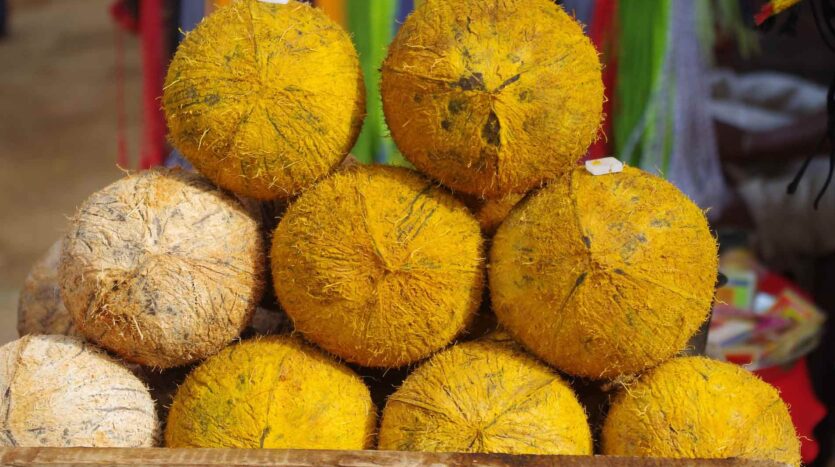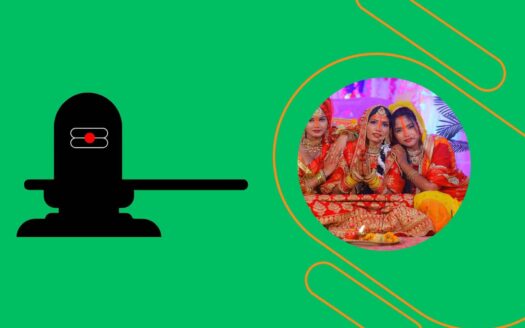Pongal: Celebrating the Bounty of Nature and Unity in Tamil Nadu
Pongal, also known as Thai Pongal, is a significant harvest festival celebrated primarily in the southern state of Tamil Nadu, India. Held in mid-January, this festival marks the culmination of the harvest season and expresses gratitude to nature’s abundance.
The festival holds immense cultural and religious importance for the people of Tamil Nadu, showcasing their reverence for agriculture and their unity as a community. With its vibrant celebrations, delectable cuisine, and traditional rituals, it stands as a testament to the rich heritage and deep-rooted traditions of Tamil Nadu.
Historical and Cultural Significance
The origins of Pongal can be traced back to ancient Tamil culture, where it was celebrated as a way to pay homage to the sun god, Surya, for his role in providing abundant crops. Pongal is mentioned in ancient Tamil literature, including the Sangam literature, dating back over two thousand years.
The festival holds deep agricultural significance as it commemorates the bountiful harvest and heralds the beginning of the Uttarayan, the auspicious period when the sun begins its northward journey.
Celebrations and Rituals
Pongal is a four-day festival filled with enthusiasm and fervor. The first day, Bhogi Pongal, is marked by the bonfire of old and unused possessions, symbolizing a fresh start. People gather around the fire, sing traditional songs, and throw sugarcane, turmeric, and coconut leaves into the flames.
The second day, Thai Pongal, is the most important day of the festival. On this day, people wake up early, clean their homes, and prepare a special dish called Pongal. This dish is made from newly harvested rice, lentils, jaggery (unrefined sugar), and milk. As the Pongal boils and overflows from the pot, people shout, “Pongal-o-Pongal!” It is believed to bring prosperity and abundance. Families offer this dish to the sun god and then enjoy it as a festive meal.
The third day, Mattu Pongal, is dedicated to honoring cattle, which play a vital role in agriculture. The cattle are adorned with garlands and painted horns, and a special puja (prayer) is performed for their well-being. They are paraded through the streets, and villagers engage in traditional sports and games.
The fourth day, Kaanum Pongal, is a day for family outings and picnics. People visit relatives, exchange greetings, and enjoy outdoor activities together. The women draw colorful kolam (rangoli) designs at the entrance of their homes, showcasing their artistic skills and creativity.
Unity and Community Spirit
Pongal brings people together, fostering a sense of unity and community spirit. The festival transcends barriers of caste, religion, and economic status, as everyone participates in the celebrations with equal enthusiasm.
Villages come alive with folk dances, music, and cultural performances. Communities organize collective cooking of Pongal, where everyone contributes ingredients and cooks the dish together, symbolizing unity and cooperation.
Economic Impact and Tourism
Pongal holds great economic significance as it celebrates the abundance of agricultural produce. The festival boosts the rural economy, with increased demand for agricultural products, handicrafts, traditional attire, and festive decorations.
It also attracts tourists from across India and around the world who are captivated by the vibrant celebrations, cultural performances, and the chance to witness a traditional harvest festival firsthand.
Conclusion
Pongal is not just a harvest festival; it is a celebration of the deep-rooted connection between the people of Tamil Nadu and their land. It represents their gratitude to nature, their unity as a community, and their rich cultural heritage.
This festival showcases the importance of agriculture and the essential role played by farmers in providing sustenance to the nation. With its festive fervor, delicious cuisine, and age-old traditions, it remains an integral part of Tamil Nadu’s cultural fabric, reinforcing the values of gratitude, unity, and togetherness.




